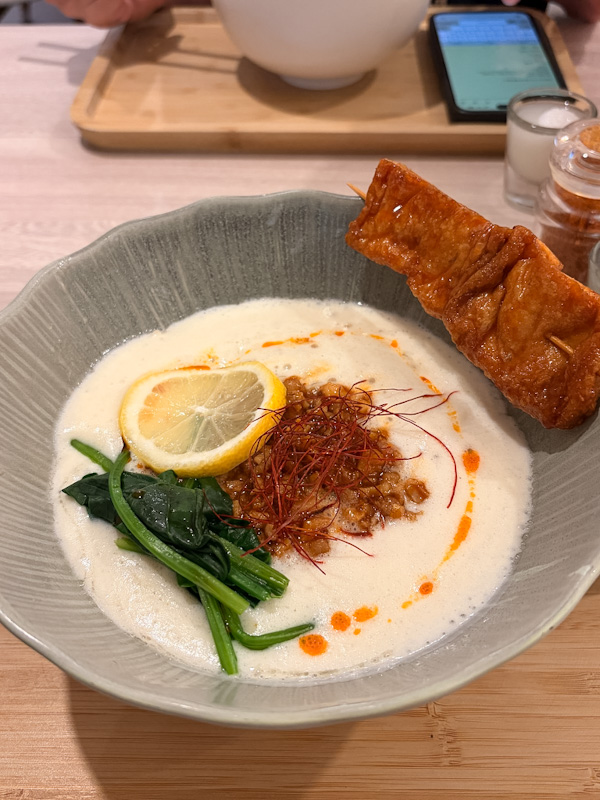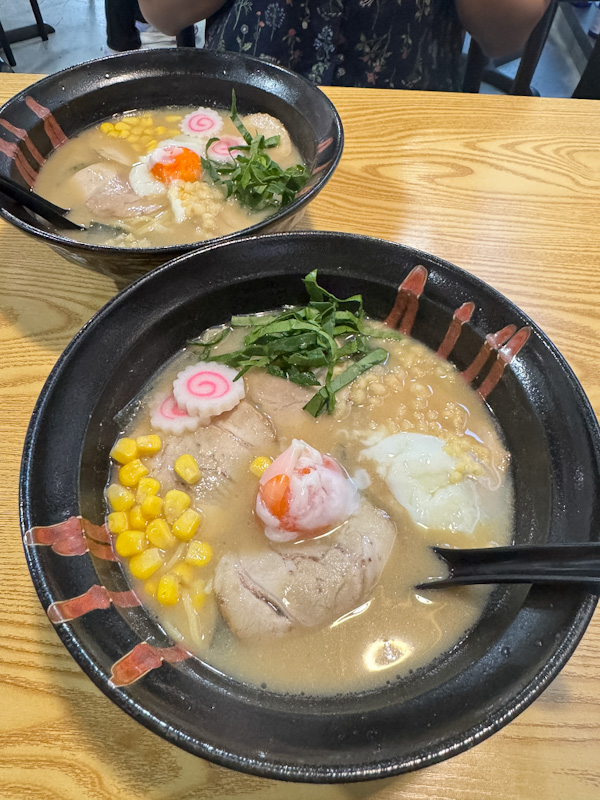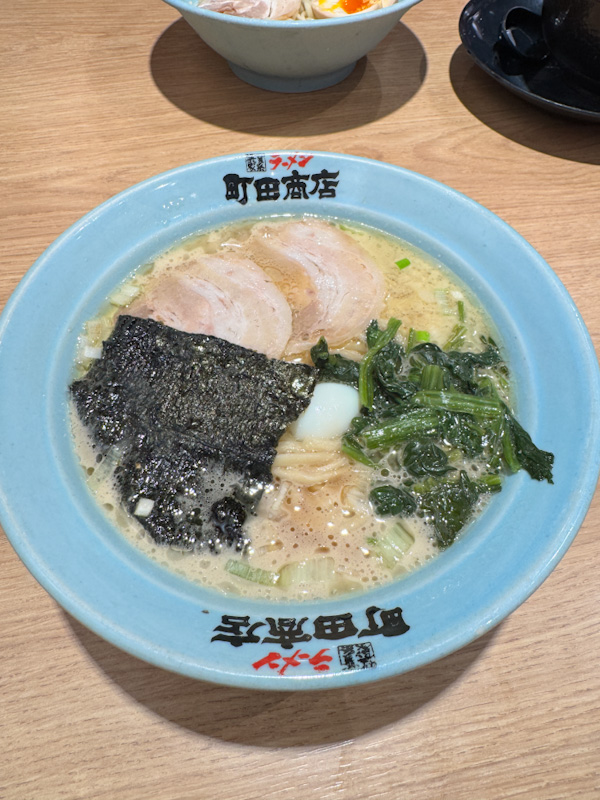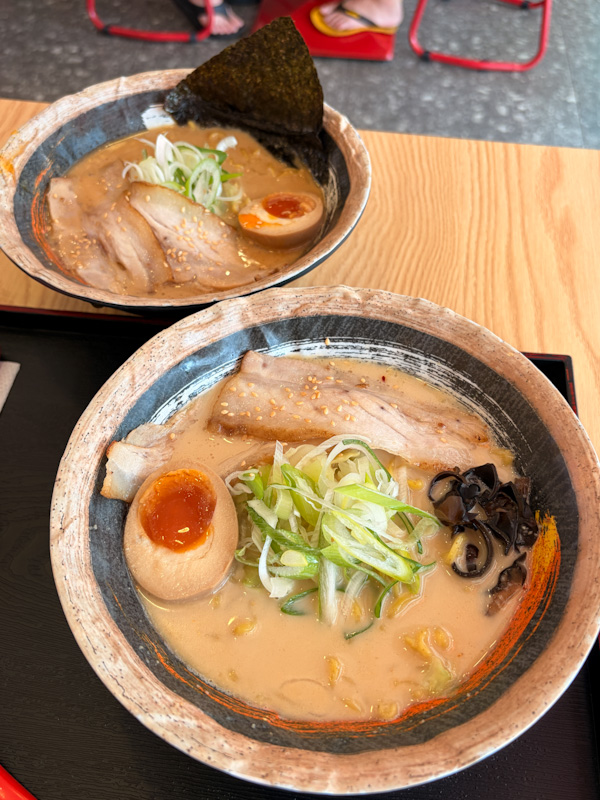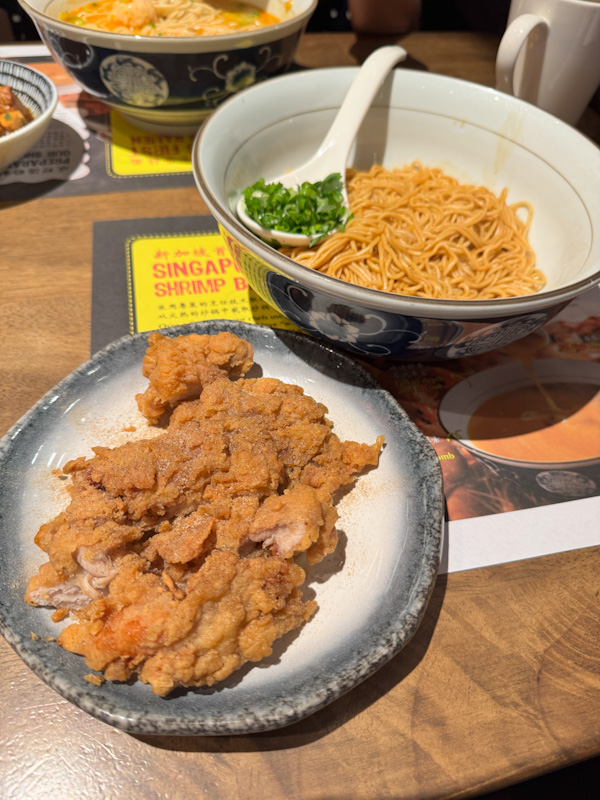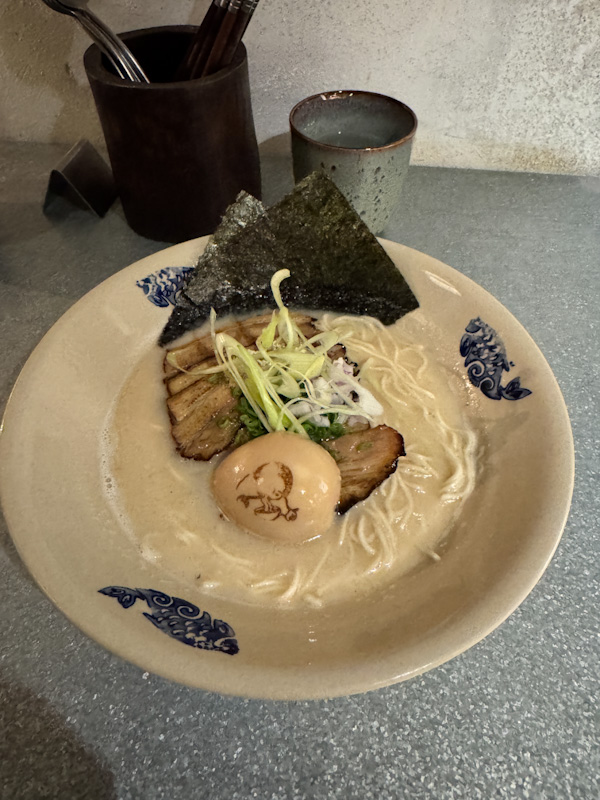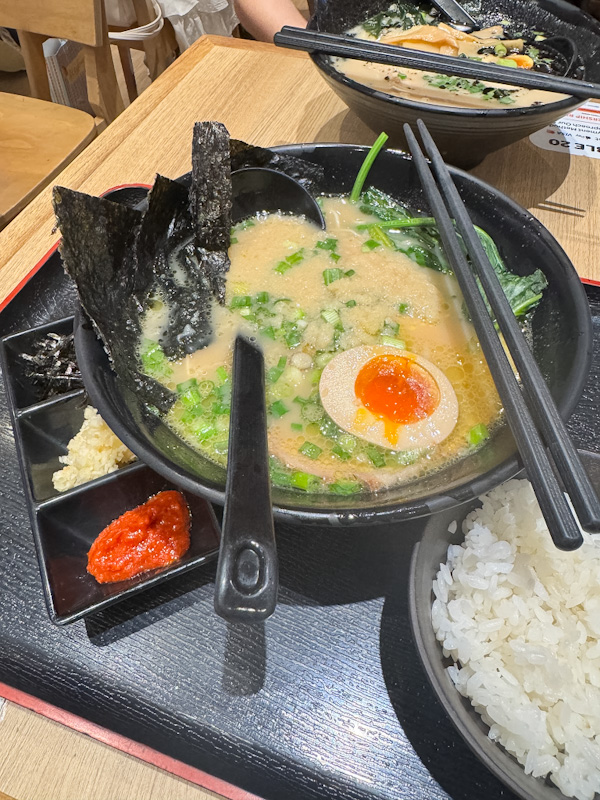Tori San 雞湯桑 | Singapore | 90/100
Unlike the heavier tonkotsu styles that dominate Singapore’s ramen scene, Tori San focuses purely on chicken, combining Japanese paitan techniques with a refined French-influenced stock method. The result is a modern ramen bar experience built around chicken ramen and yakitori, with a few local exclusives like the dan dan ramen making their debut here.
Tori San 雞湯桑 | Singapore | 90/100 Read Post »

